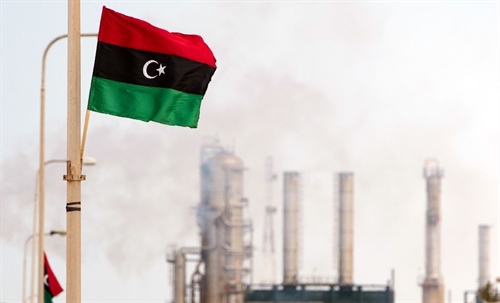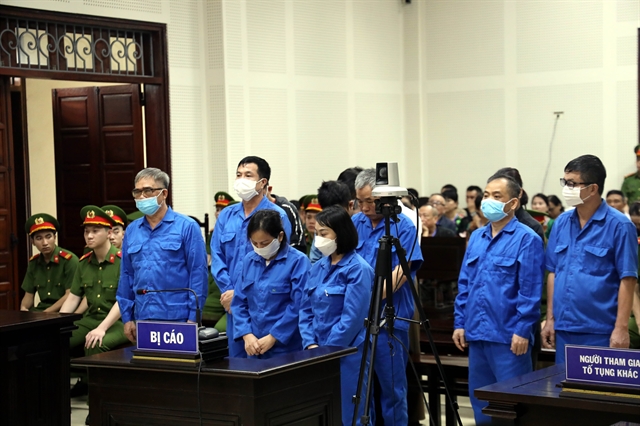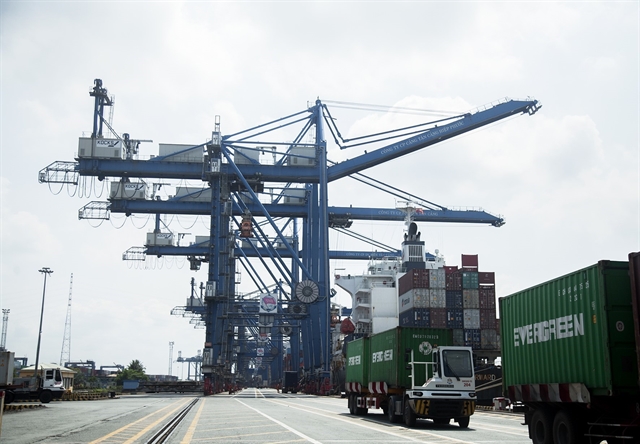

Libya's UN-backed unity government lost control on Monday of a third oil port seized by rival forces, raising fears of a major outbreak of fresh violence in the chaos-ridden country.
 |
| Libya’s two key oil export terminals are Ras Lanuf and Al-Sidra, 650km east of the capital, which are together capable of handling 700,000 bpd.- AFP/VNA Photo |
TRIPOLI - Libya’s UN-backed unity government has lost control of a third oil port seized by rival forces, raising fears of a major outbreak of fresh violence in the chaos-ridden country.
The loss comes after fighters backing a rival administration in east
All three Mediterranean ports are in
"Our armed forces were able to take control of Zuwaytina port and secure it completely," a spokesman for the fighters who took the terminals said on Monday .
The LANA news agency loyal to the eastern administration reported a military source as saying: "The armed forces are now concentrated at the port and have secured it after expelling outlaw militia from it."
The forces are commanded by controversial General Khalifa Haftar, who has refused to back the GNA and supports the parallel authority based in eastern
On Sunday, they took the Al-Sidra and Ras Lanuf ports before attacking Zuwaytina to the east.
It is the first time that Haftar’s forces and fighters loyal to the GNA have clashed directly since the unity government started working in the capital in March.
The UN special representative to
"I call for the respect of UN Security Council Resolution 2259 which recognises the Government of National Accord... as the sole executive authority in
Kobler said oil installations must remain under the authority of the presidential council and stressed that Resolution 2259 "contains a clear prohibition on illicit oil exports".
Meanwhile the
"The governments of France, Germany, Italy, Spain, the United Kingdom and the United States condemn this weekend’s attacks on Zuwaytina, Ras Lanuf, Es Sider and Brega oil terminals in Libya," they said, in a statement.
’Critical juncture’
The unity government, for its part, called on all forces loyal to it to "protect and defend" the ports, while the head of the rival government in the eastern city of
"We will work on the oil ports resuming work as soon as possible so as to guarantee all Libyans a decent life," Abdullah al-Thani said.
Haftar’s forces said they would hand over management of the ports to the National Oil Corporation (NOC) to resume oil exports.
The NOC is split into two rival branches, however, one allied to the GNA and the other to the administration that Haftar supports.
Oil is
The seizure of the ports deals a heavy blow to the unity government, depriving it of a key source of income.
In late July, the GNA agreed to resume oil exports out of Ras Lanuf and Al-Sidra - which together have a capacity of 700,000 bpd -- after a months-long closure following jihadist attacks.
They shut after attacks in January by the Islamic State (IS) group, which has gained a foothold in the country. — AFP









